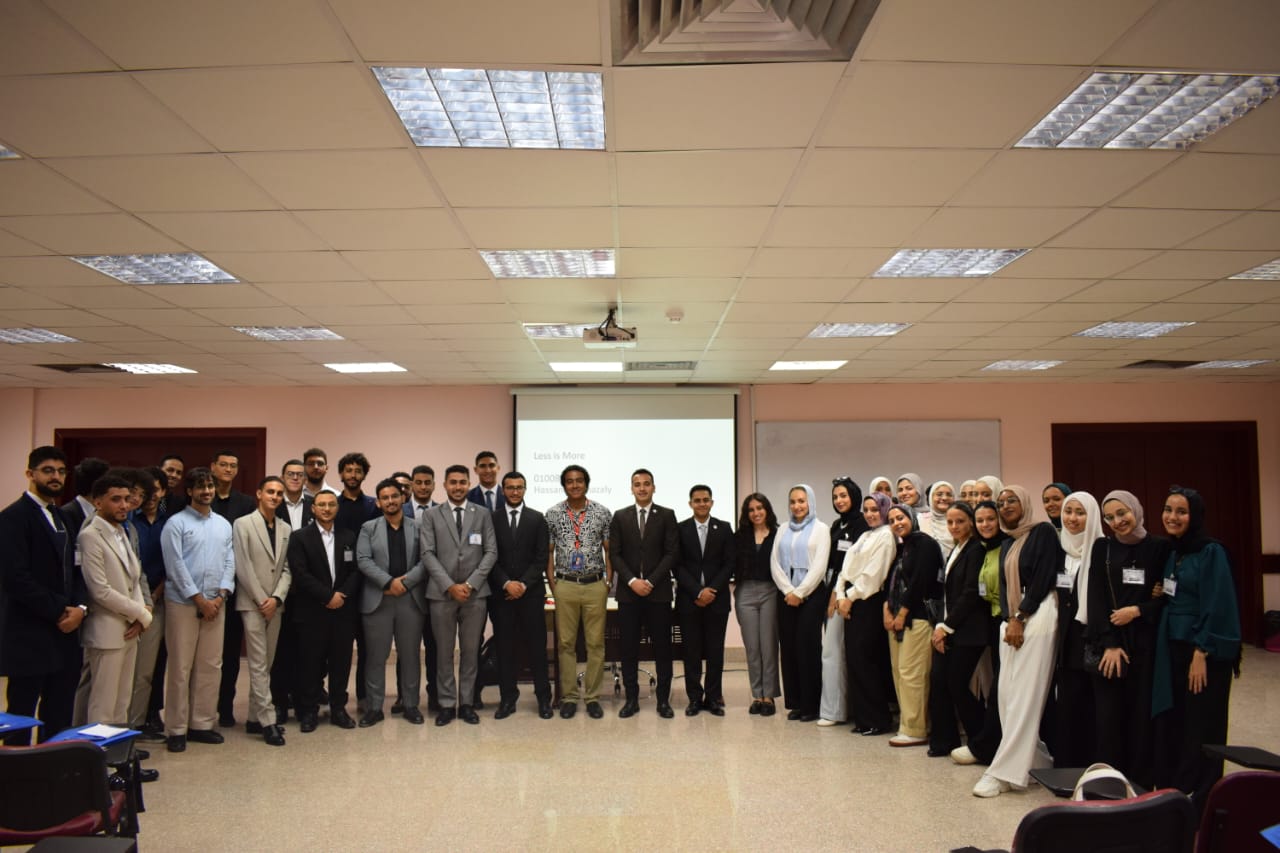Egypt Launches Africa’s First “health Diplomacy” Program For Medical Students

Cairo, Egypt - In a historic development for Africa’s medical education and diplomacy landscape, Cairo has witnessed the launch of the first-ever “Health Diplomacy for Medical Students” program. This pioneering initiative is the first of its kind in Egypt and across the African continent.
Organized under the auspices of the International Federation of Medical Students’ Associations – Egypt (IFMSA-Egypt) and its branch at MTI University, the program is supported by the Scientific Association of Medical Students and received complimentary media sponsorship from the AfroMedia Initiative for Journalism and Media, which is dedicated to amplifying the role of young doctors within their communities.
Hosted at the Faculty of Medicine, MTI University, the program brought together Egyptian and non-Egyptian African students, especially Sudanese students who have fled war, in an inclusive and empowering learning environment. The initiative seeks to bridge medical training with global health diplomacy, offering a space where academic knowledge meets real-world policy-making and sustainable development.
The program is a direct response to the growing need for doctors to be more than healthcare providers, they must also be leaders in international relations, public health advocacy, and sustainable development. Participants were trained in critical areas such as health policy analysis, international law, public diplomacy, youth diplomacy, negotiation skills, and personal branding for doctors.
Among the distinguished speakers were:
-
Mr. Mostafa Magdy, Assistant to the Minister of Youth and Sports
-
Dr. Samah Kamel, Head of the Youth and Children Group at the United Nations
-
Dr. Mahmoud El-Qally, certified sustainable development trainer
-
Dr. Ahmed El-Rifai, political science expert
-
Dr. Dalia Ghazlan, public health awareness specialist
-
Mr. Hamada Qaoud, sustainable development expert at the National Institute for Governance and Sustainable Development
-
Mr. Ahmed Aboudouma, Head of Legal Committee at the Arab Youth Platform for Sustainable Development
-
Dr. Rumaila Shahir, Business Development Consultant and Head of the German Academy in Cairo
Hassan Ghazaly, founder of the Global Solidarity Network and a member of the African Journalists Union, emphasized the crucial role of anthropology in understanding the cultural contexts of health interventions. He encouraged young doctors to engage in public diplomacy and highlighted Egypt’s leadership in offering opportunities for African doctors through training, scholarships, and voluntary programs supported by the African Union.
The program also recognized the efforts of university leaders who have made inclusion a core principle. Professor Mohy El-Din Ragab El-Banna, Dean of the Faculty of Medicine and Surgery, and Professor Hesham Mohamed Omran, Vice Dean for Student Affairs, were praised for their active support of African students and for creating an academic environment that nurtures both academic and civic growth.
Topics discussed during the sessions included:
-
Youth and public diplomacy in health
-
Volunteerism and youth policies in Africa
-
Public health strategies and sustainable development
-
Health rights under international law
-
Leadership and negotiation in medical advocacy
-
Personal branding for doctors in a globalized health system
This first edition of the Health Diplomacy program represents a powerful fusion of science, leadership, and service, offering a model for training doctors who are socially responsible, politically aware, and capable of engaging in policy-making at both national and international levels.
Organizers reaffirmed their commitment to sustaining and expanding the program in future editions. They aim to position Egypt as a regional leader in health diplomacy, while equipping African youth with the tools to become global change-makers in healthcare.
